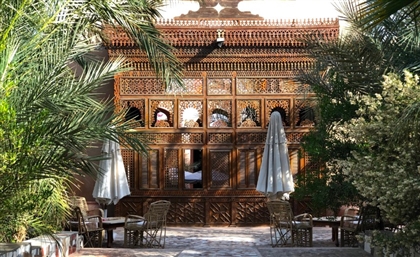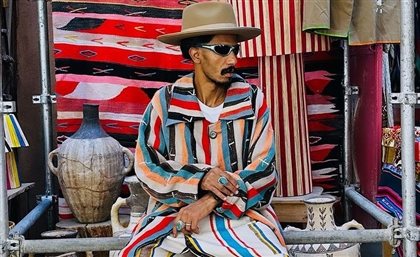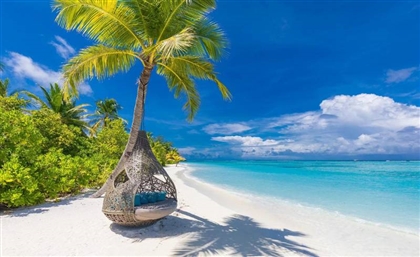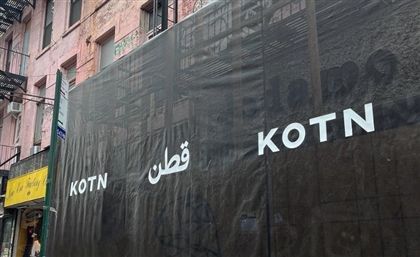Egypt's Battle For A Nile It Can't Maintain
With reports of yet another mass fish die-off due to the Nile's toxicity, we examine why Egypt believes itself to be the Nile authority - capable of stopping Ethiopia's Grand Dam ambitions - when it still isn't able to keep its own share of the Nile clean.
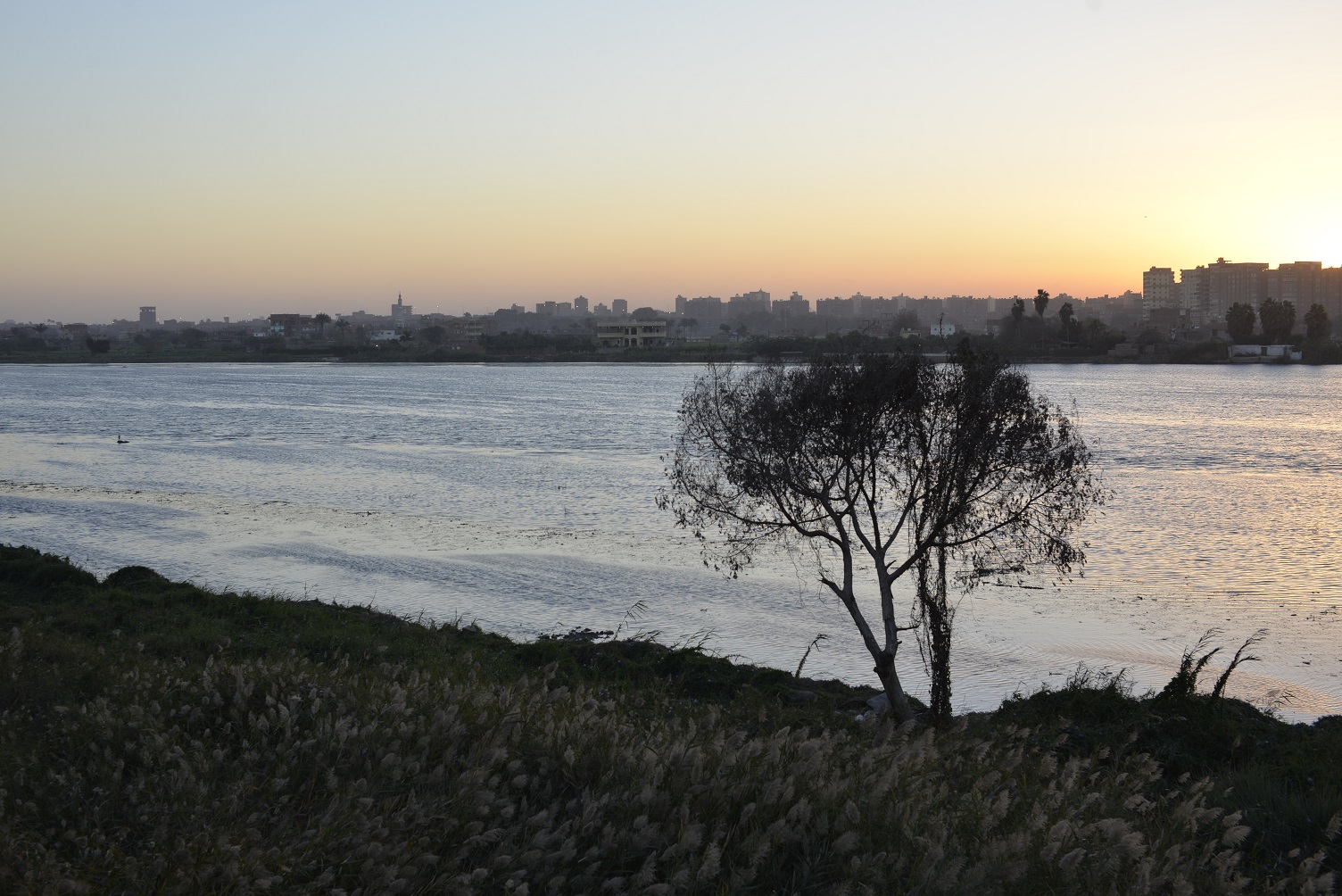
The ancients documented the importance of the Nile by often referring to it as the key of life, going so far as claiming that Egypt was merely the gift of the Nile. Without this precursor to life, it is highly unlikely that the historically iconic ancient Egyptian civilisation would have risen. Fast-forward to modern day, and the Nile still remains Egypt's most important resource; however, although the country would be prepared to launch a war to protect it, Egypt seems unwilling, unable, or unfit to keep the Nile clean. Instead of taking the initiative to clean up the Nile, even in the face of water poisoning cases and massive fish deaths, Egypt is currently focused on the Grand Ethiopian Renaissance Dam and worried that it will drastically reduce Egypt's access to its main source of water. This double-standard of restricting other countries’ access to the Nile, while not even remotely trying to environmentally protect it, has left us to ask the question: should Egypt have any authority over the Nile when it is the biggest polluter?
Running the length of Egypt like a nourishing IV drip, keeping an unstable nation in critical condition from slipping into a certain death, the Nile is the country's most important resource and, sadly, its most abused - from those who consider the Nile an aquatic garbage trough, filling it with more trash than there is seaweed, to factory owners who recklessly and illegally dump waste into the Nile, to bumbling (possibly corrupt) officials failing to provide oversight and prevent these incidents from happening. Take the example of this man I captured on video; he’s taking the things he could recycle out of the Nile, while sweeping the rest of the garbage down the river instead of simply removing the filth. Every two to three days he returns to same spot - which has managed to amass quite a heap - and even though police boats can clearly see him pushing the garbage down the Nile, they do nothing.
This systemic problem only amplifies when you replace the man with an entire industry. According to a 2005 study by the Nile Basin Initiative, “there are 36 industries that discharge their pollution sources directly into the Nile, and 41 into irrigation canals. These types of industries are: chemical, electrical, engineering, fertilisers, food, metal, mining, oil and soap, pulp and paper, refractory, textile and wood. There are over 90 agricultural drains that discharge into the Nile that also include industrial wastewater.” The study was conducted a decade ago, and although dreamers may think that perhaps conditions have improved, they haven’t. News emerged on Saturday that hundreds of fish were once again floating belly-up along the Mahmoudiya Canal, which receives water from the Nile Rosetta branch in the town of Beheira.
Experts are allegedly still investigating the cause, however, tragically, this is not an isolated event but rather a repeated pattern. On January 7th, the Nile River began engulfing Fooh City, in Delta's Kafr el-Sheikh, with the stench of death. Once again, fish surfaced alongside the muddy banks and as did accusations from residents believing it was ammonia poisoning from wastewater runoff from a nearby factory. It was unclear what the official cause of that particular incident was; however, in June 2015, another fish die-off emerged with Engineer Ahmed Fathy of the Water Ministry telling Youm7 that “Preliminary testing carried out on the water and the dead fish indicates that most fish suffocated due to the hot weather and lack of oxygen in overloaded commercial fishing farms concentrated in the area.”
Finding cases of poisoning the Nile proved embarrassingly easy on the Internet, with excuses ranging from sewage and soil run-off to toxic waste spills and the weather being 'too hot'. There is no shortage of excuses, but not enough policy changes to clean up the nation’s main source of life. Despite the blatant disregard for water safety, the Nile does deeply concern the government - not so much its toxicity, but the fact that another country wants to share it. During the brief period where Egypt remained under Britain's colonial thumb, a 1929 treaty was signed granting Egypt veto powers over any water projects along the Nile. Eventually, Egypt released itself from its colonial shackles in the revolution of 1952 and, after Sudan founded its independence, a 1959 agreement secured Egypt's power - allocating the entire average annual flow of the Nile to be shared between Egypt and Sudan, ignoring the rights to water of the remaining eight Nile countries, including Ethiopia, which contributes 80 per cent of total Nile flow. For over half a century, Ethiopia would fight for its right to share the Nile and attempt to break up Egypt's hydro-political hegemony of the river. Ethiopia finally made some grounds in the 90s and eventually led the launch of the Nile Basin Cooperative Framework Agreement in 2010, which would bid for the equal right of all Nile nations to establish their own water development projects. The most controversial and concerning project for Egypt is the Great Ethiopian Renaissance Dam in Ethiopia.
In an age where scientists sound alarms of globally depleting water resources, and theorists believe the world will soon war over water, it troubled Egypt - a mostly barren desert - that another country could affect the Nile’s flow and ultimately the country’s only water source, which is why discussions have gone so far as to explore using force. However, until now, cooler heads prevail and, in March of 2015, Egypt, Sudan, and Ethiopia came to an agreement on principles to ensure protection of each country’s share of the Nile. Since that time, discussions have continued on the matter, and principles have been suggested that may or may not be accepted by Ethiopia, leaving the future of the dam, its implication, and Egypt's possible response murky.
Meanwhile, young Egyptian innovators with refreshing solutions – who are forced to overcome the mountainous obstacles of finding resources or acquiring permits in Egypt's bureaucratic hell-scape – have somehow managed to invent technologies to improve water standards. In Helwan University, students have designed a Nilebot – a robot capable of locating, indentifying, and sending exact coordinates of pollutants in the Nile; meanwhile, Alexandrian University researchers have developed a quick, cost-effective way of turning salt water into drinkable water. There is no shortage of young Egyptians looking to solve the country's problem; but, unfortunately, they don't receive the proper attention or support. Think of the positive psychological effect if Egypt could manage to improve the water standards to the point where people didn't fear swimming in it. How transformative would such a change be on a city like Cairo, with its nostalgic dreams of being a cosmopolitan city?
Instead of investing in and publicising Egyptian ingenuity in increasing domestic job creation, while appearing responsible and deserving of being the authority on the Nile, Egypt's government decides to invest their funds in opening a museum dedicated to the Nile in Aswan – as if to say, “Take that, Ethiopia!” If only the government were to put just half the time and effort into cleaning the Nile - and enforcing laws protecting it - as they did trying to reach an agreement on GERD, while using the resources otherwise wasted in opening yet another needless museum, then maybe fish wouldn't be dying en masse. Let's be honest: there are no tourists visiting Egypt these days, and a museum dedicated to a waning, increasingly toxic body of water will not be attracting them back. It is a waste of funds and an admittance of systemic state denial, as Egypt clearly hasn't taken proper care of the Nile enough to claim being an authority on its preservation.
Main image photography by Ahmed Najeeb for CairoScene.
- Previous Article Dr.Sisilove or How (Not) To Diffuse A Bomb
- Next Article Circus Monsters: Pioneering Egypt's Punk Rock Scene
Trending This Week
-
Apr 13, 2024




